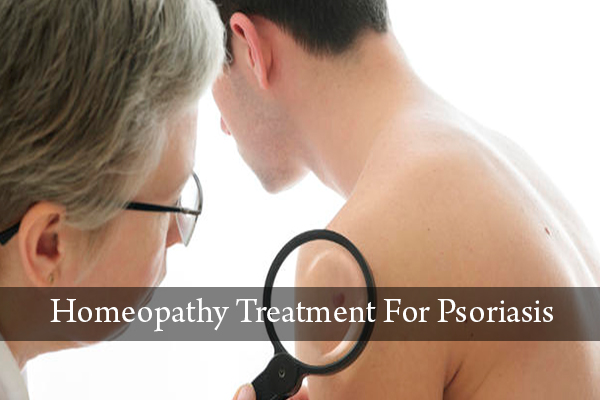What is Psoriasis?
Psoriasis is an obstinate skin disease in which red patches of various sizes occur on the skin that is covered with dry, silvery scales. Psoriasis is a chronic skin disorder that got its name from the Greek word meaning, ‘itch’. For a majority of psoriatic individuals, the itch is the most unpleasant aspect. Other equally aggravating symptoms include burning, hurting and stinging.
Psoriasis is commonly misspelt as psoriasi, psorisis, psorasis, psoraisis, and soriasis. In Hindi Psoriasis is called as Chhal rog
In psoriasis the skin becomes inflamed and red eruptions appear on the skin surface that begins to itch excessively. Those areas form thickened areas that are covered with silvery scales over the reddened lesions. The skin at the joints may crack.
How to Recognize Psoriasis?
Psoriasis affects the growth cycle of the skin cells, leading to a build-up of thin layers of cells which multiply without waiting for previous cells to shed. The outcome is the original psoriatic appearance ugly skin patches with scaling.
Common Features Include:
1. Red, thickened patches or lesions on the skin. These may vary from small, raindrop-sized lesions to large lesions covering an extensive area
2. The lesions are cover with silvery scales.
3. Itching is a common feature. There may be burning after scratching.
4. Pain and discomfort at the site of lesions
5. The lesions are dry or, excessive dryness may cause cracked skin and bleed.
6. Swelling and stiffness of joints, when there is joint involvement.
Psoriasis Occur in the Location
Psoriasis most often occurs on the knees, elbows, scalp, lower back, palms and soles of the feet. The disease also affects the fingernails and toenails and the soft tissues inside the mouth. About 10-15 % of people with psoriasis have joint inflammation that produces arthritis symptoms. This condition is called psoriatic arthritis
Psoriasis is categorized as mild, moderate, or severe, depending on the percentage of the body surface involved and impact on the patient’s quality of life.
Homeopathy Treatment for Psoriasis
Homeopathy treatment for psoriasis is the best method to treat skin diseases from the inside out. It requires selecting a specific homeopathic remedy that addresses the whole person and restores the body to harmonious balance. Apart from treating the health issue, homeopathy treats the expressive outer symptom, such as psoriasis.
Homeopathy understands that a skin eruption such as psoriasis is mostly an external manifestation of a situation where the body’s immune system is waging a battle, and doing a pretty good job of pushing the threat away from major organs such as the lungs, joints, heart, brain, and eventually out of the body.
An embattled skin surface looks anything but aesthetic or healthy. The main thing is that the body has protected itself, although it has not yet solved the problem entirely. It needs more time to cure this problem.
The trouble is that we hardly allow our body the time it needs to handle things on its own. We meddle with its natural attempt to drive out the problem from inside.
Homeopathy does stimulate and strengthen the body’s own inner workings and immune system towards driving the aberration right out of body not just from the surface.
The homeopathic medicines for psoriasis address the body at the level of immunity and gently restore the deviation back to normalcy. It helps to control the further progress of the psoriasis disease.




